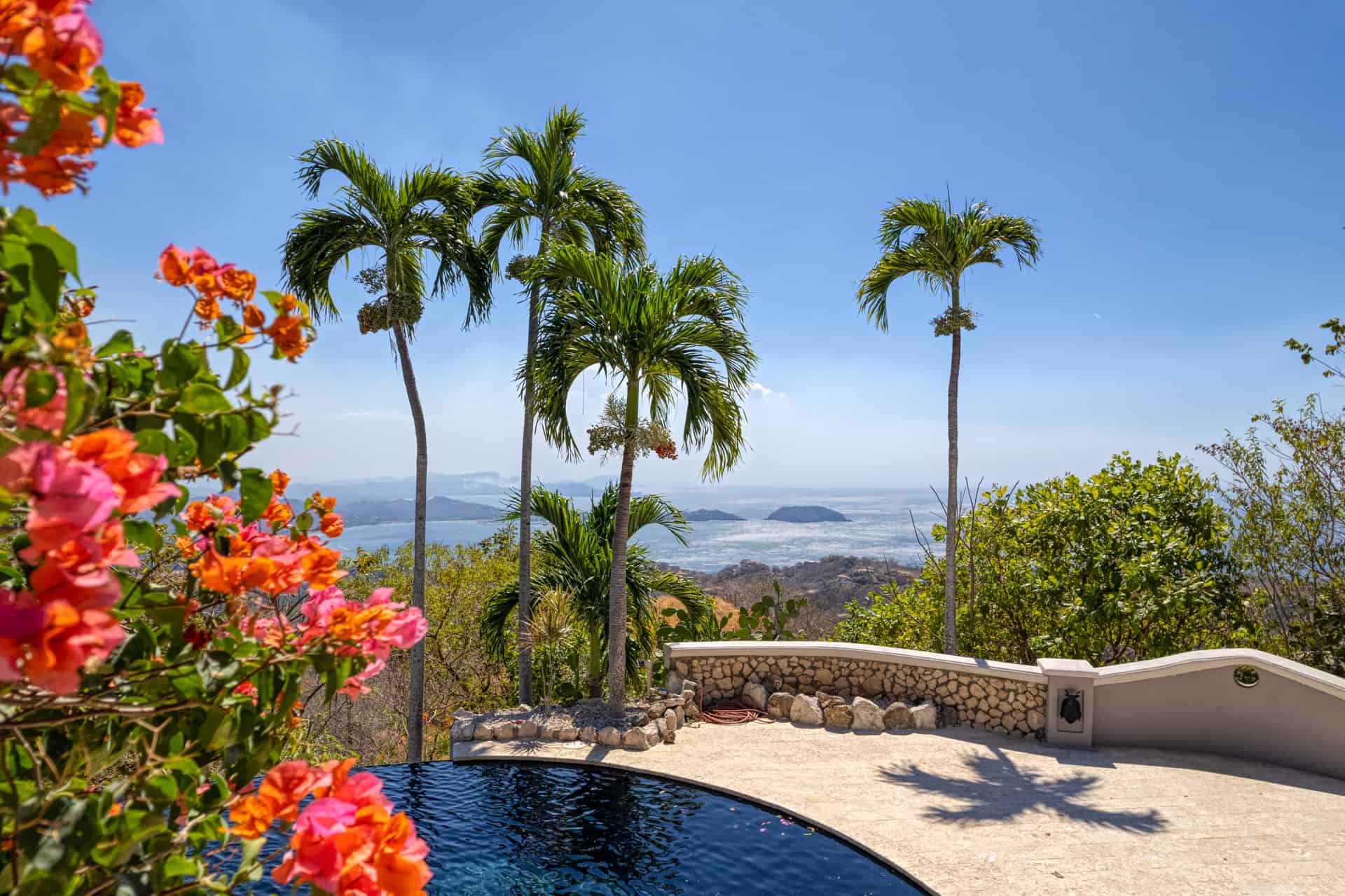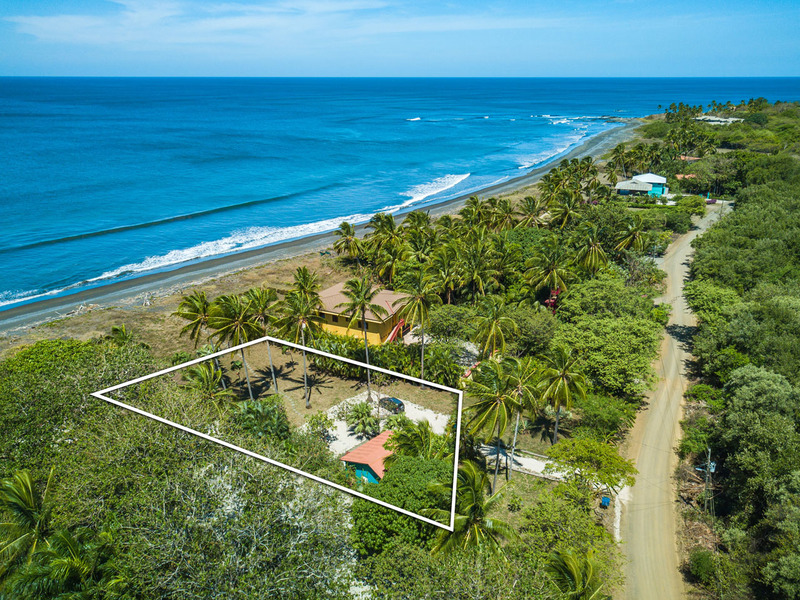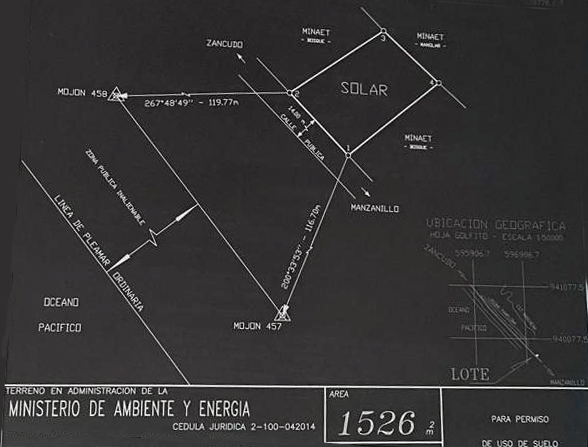By Christopher Pirie, founding partner at CPG Legal, Costa Rica.
The information provided in this article is for general informational purposes only. This article may contain links to external websites that are not provided or maintained by or in any way affiliated with International Surf Properties.
I’m here to guide you through the exciting process of buying property in this beautiful country, known for its great surfing spots. In this article, I’ll share the steps we, as attorneys, take to ensure the property you’re interested in is ready for purchase.
Property due diligence is the crucial first step, in ensuring your peace of mind. If everything checks out, the property purchase can proceed smoothly. We invite you to explore our comprehensive legal guide on how to buy real estate in Costa Rica. As property lawyers, we leave no stone unturned to ensure your property transactions are done correctly, minimizing the risk of future problems and unwanted litigation. In this article, we cover the essentials of real estate due diligence.

THESE ARE THE BASIC STEPS TO PURCHASE LAND IN COSTA RICA:
- Due diligence research must be done on the property. (This includes checking for tax and utilities regulatory compliance.)
- If the due diligence checks out, escrow coordination must begin.
- An option to purchase an agreement may be drafted if needed to tie the property.
- Once the funds are in escrow, a date is set for the closing.
- As a Notary Public, I will draft the notarized bill of sale or in Spanish “escritura pública.”
- Both the buyer and seller sign the notarized purchase deed agreement.
- A notarized copy is filed at the Public Registry.
- The property gets registered in your name.
Property Due Diligence: General Aspects
All privately owned properties in Costa Rica are transparently registered in the Public Registry. This comprehensive registry provides a wealth of information, including the current owner, the asset’s registration number, and the property’s complete history. By history, I mean every purchase and every movement it has had over the years. The Registry also discloses crucial information about the property, such as its area and cadastral plan number, or “número de plano”. Most importantly, it reveals if there are any encumbrances or other significant aspects of the property, ensuring you have all the necessary information at your fingertips.
When you hire CPG Legal law firm for property due diligence, we will provide you with a legal analysis of the property. Thus, we send you a written report with exhibits: a legal evaluation advising you to move forward or to avoid the transaction.

Real Estate Due Diligence: Who Owns The property?
The first step is to determine who the owner is. Is the property in trust? Does it belong to a corporation or a physical person? These are the first things to ascertain when you buy real estate in Costa Rica. As a real estate law firm, we also research the property’s past owners. I even attempt to contact them. This is to ensure there was no fraud in the prior transactions. This is important, especially if the property appears to have been recently sold to the new owner and seller. By checking these things, you will avoid possible property litigations and even being a victim of title theft.
Is it in the name of a person, or a Corporation?
The Registry will certify if the property in Costa Rica is in the name of a physical person or a corporation. If it’s a physical person, it tells us the name and last name of the owner and other information. In addition, the Registry will provide the identification number and the property purchase date. It also refers to the public scripture or deed used to acquire the property by the current owner.
Corporate due diligence when you buy a property:
Many people put their properties in the name of corporations. This is a common practice. If so, the Registry will provide us with the corporation’s name and other information. If this is the case, corporate due diligence must be done on the corporation that will sell the property. First, I must check the company’s bylaws and articles of incorporation. We must assess whether the corporate structure allows for an easy property transfer. The company´s representation must also be researched. Who are the members of the board of directors? Who has the power of attorney and representation to sign in the company’s name? Last but not least, we must determine who the shareholders are. They must authorize the sale of the property in a shareholder assembly. The corporate legal books must be revised to determine who the owners are.

Second Step: Due Diligence On The Property Itself
Easements On The Property?
Once the ownership due diligence is over, we must look into the property itself. The Registry provides important information, such as the area and the property’s boundaries. Are there easements on the property? If so, it’s important to determine what types of easements are and their duration. For example, if there is a “right of way” easement, it’s important to determine the duration. Most importantly, the boundaries and area will tell us if the real estate property you wish to purchase is in front of a public road or not. And trust me, you want it to be in front of a public road, not an enclosed easement road.
Cadastral due diligence when buying real estate in Costa Rica:
When you buy real estate in Costa Rica, how do you know that the property you are buying is the one you saw? For example, suppose you come to Costa Rica and are shown several properties. You wish to purchase real estate, and you settle for one that was shown to you. But when you sign the sale agreement with the public notary, how can you be sure that the property shown to you is the one you are buying?
This is why due diligence is so important. Every real estate property has a cadastral plan registered in the Public Registry. A topographer must be hired to ensure you buy what was shown to you. The topographer must guarantee that the registry’s cadastral plan matches the property shown to you. When you buy real estate in Costa Rica, it’s also essential to ensure the topographer guarantees no overlaps with other properties. As you can see, cadastral due diligence will involve a topographer and precise field inspections.
Are there Encumbrances on the Property?
The Registry will certify if the property has encumbrances. Encumbrances are another reason why due diligence is crucial when buying real estate in Costa Rica. Due diligence will be required to discover if any encumbrances are on the property. Encumbrances may include mortgages, liens, embargoes, and litigious annotations. If encumbrances are found, buying real estate may not be a good idea, at least not for that specific property.

Ask Your Real Estate Law Firm, For Zoning Due Diligence:
Zoning due diligence is another step your real estate attorney must do. If you are planning to buy real estate in Costa Rica, you should know there are zoning regulations. This due diligence is crucial to understanding what you can and can´t do with the property you wish to buy. Allow me to explain. Some areas in Costa Rica only have agricultural use, meaning you can´t build on them. Some only have commercial use, and others are for residential use only. Others have mixed use. All of this can be checked in the local Municipality.
You need to get a certification called “Uso de Suelo.” This will determine what you can do with the property you intend to buy. For example, can you build a house on it? Or is it intended for agriculture or preservation? Are you buying luxury real estate in Costa Rica? Clarity of intention is essential when you purchase real estate in Costa Rica.
Utility Compliance:
We check utility compliance when performing real estate due diligence. To check for electricity, first, we get a certification from I.C.E (Instituto Costarricense de Electricidad); which is the Costa Rican electricity institution. Secondly, we will do the same for water. In this case, it will be with a certification from the State´s water utilities company, called “A y A” or “Acueductos y Alcantarillados.” In conclusion, you don´t want to end up with a property that doesn´t have water or electricity. Once the property and corporate due diligence are over, we will make a legal recommendation on whether to move forward if the results are positive.




